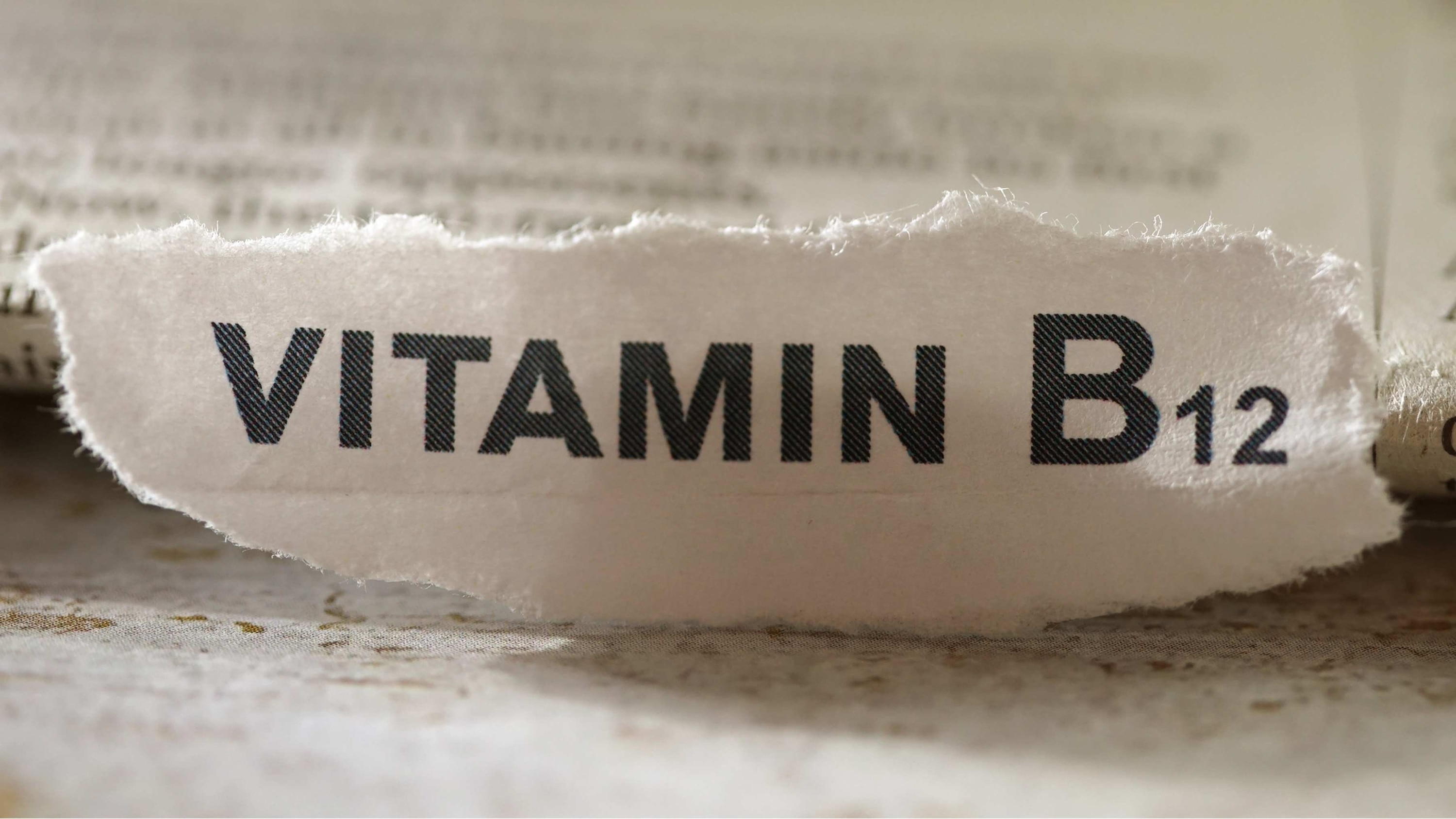When we think of beauty essentials, our minds often drift to serums, masks, and the latest skincare trends. But what if the secret to radiant skin and strong, shiny hair lies not just in our beauty cabinets but also on our plates? Enter vitamin B12-rich foods, the unsung heroes of the beauty world. While spot treatment and using the right skincare routine is one way, the internal glow only comes through food and nutrition. In this case, specifically through vitamin B12 vegetables and fruits. Here , we break it down for you, what exactly is vitamin B12, what is vitamin B12 deficiency and B12 food sources so you have the full guide for glowing skin and hair with you.
01What is Vitamin B12 and Why Should You Care?
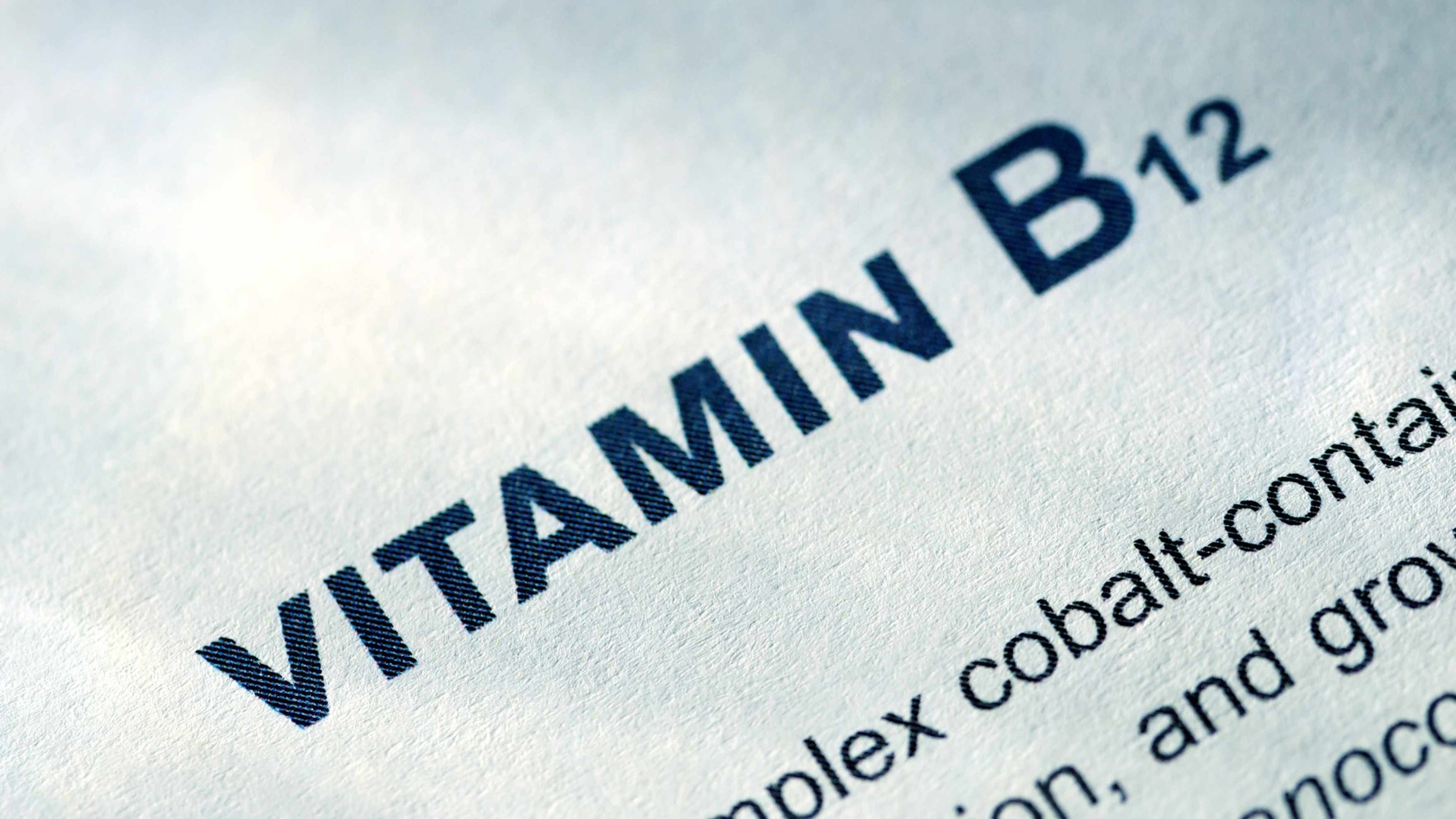
Vitamin B12, also known as cobalamin, is a water-soluble vitamin that plays a crucial role in the production of red blood cells, DNA synthesis, and neurological function. But beyond these vital roles, B12 has a significant impact on our skin and hair health. A deficiency in vitamin B12 can manifest in several ways, including:
- Dull, lifeless skin: Without adequate B12, skin can lose its natural glow, appearing pale or sallow.
- Hyperpigmentation: Dark patches or uneven skin tone can be a sign of deficiency.
- Hair thinning or loss: B12 is essential for healthy hair follicles; a lack can lead to hair breakage or shedding.
- Premature ageing: Fine lines and wrinkles may appear earlier due to impaired cell regeneration.
02The Beauty Benefits of Vitamin B12
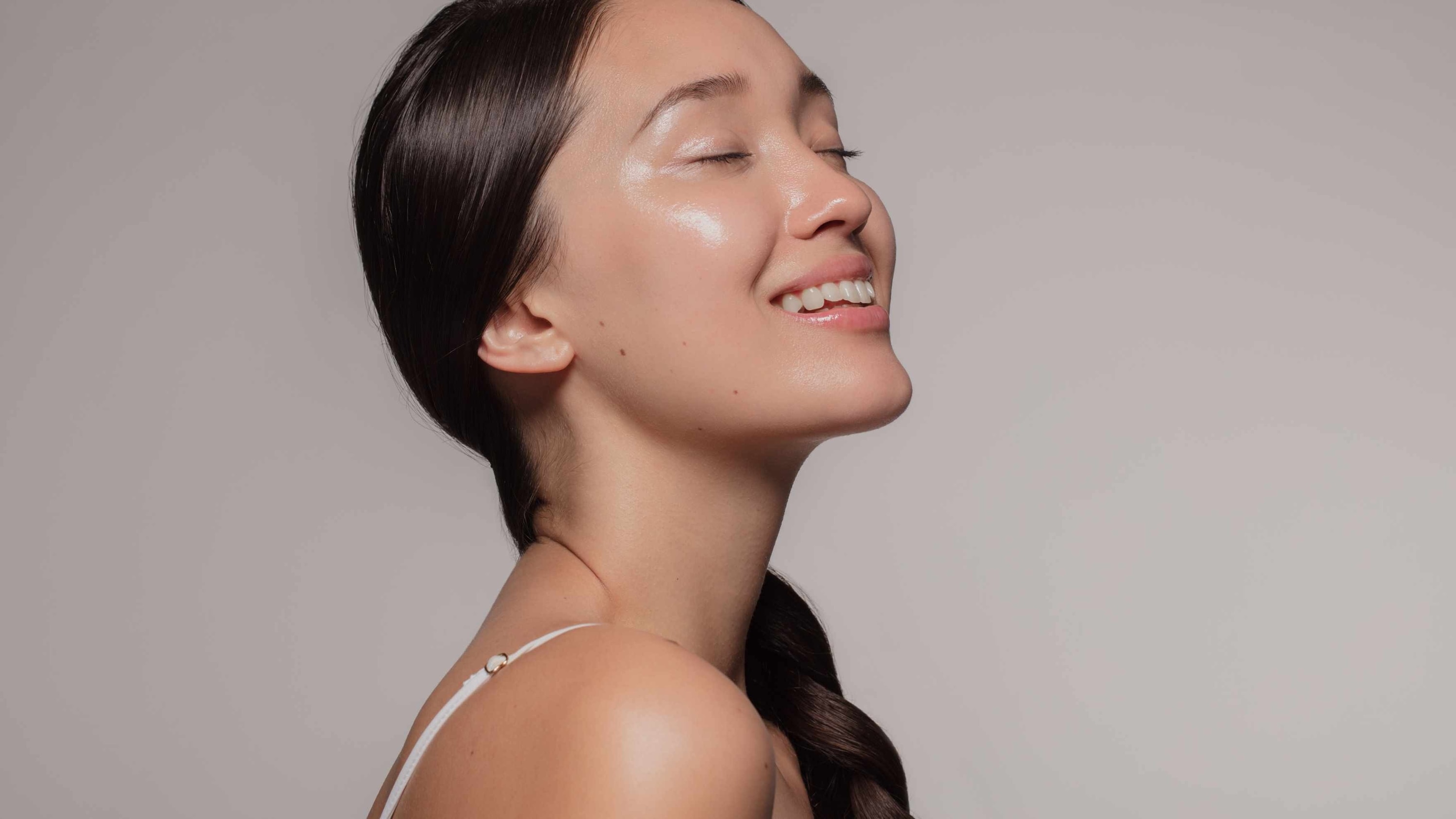
Ensuring you get enough B12 isn't just about avoiding deficiencies; it's about embracing the beauty benefits:
- Enhanced skin radiance: B12 aids in cell reproduction, helping to renew skin cells and maintain a youthful glow.
- Stronger hair: By supporting red blood cell production, B12 ensures that hair follicles receive adequate oxygen and nutrients, promoting strength and shine.
- Reduced pigmentation: Adequate B12 levels can help in achieving an even skin tone, reducing the appearance of dark spots.
03Top Vitamin B12 Food Sources: Fruits, Vegetables & Other Rich Foods
While B12 is predominantly found in animal products, there are several options for vegetarians and those looking to diversify their diet. There are a few sources of vitamin B12 fruits and vitamin B12 vegetables but often it's not enough nutrition so you have to support your intake with supplements or other sources like the following:
1. Animal-Based Sources of Vitamin B12
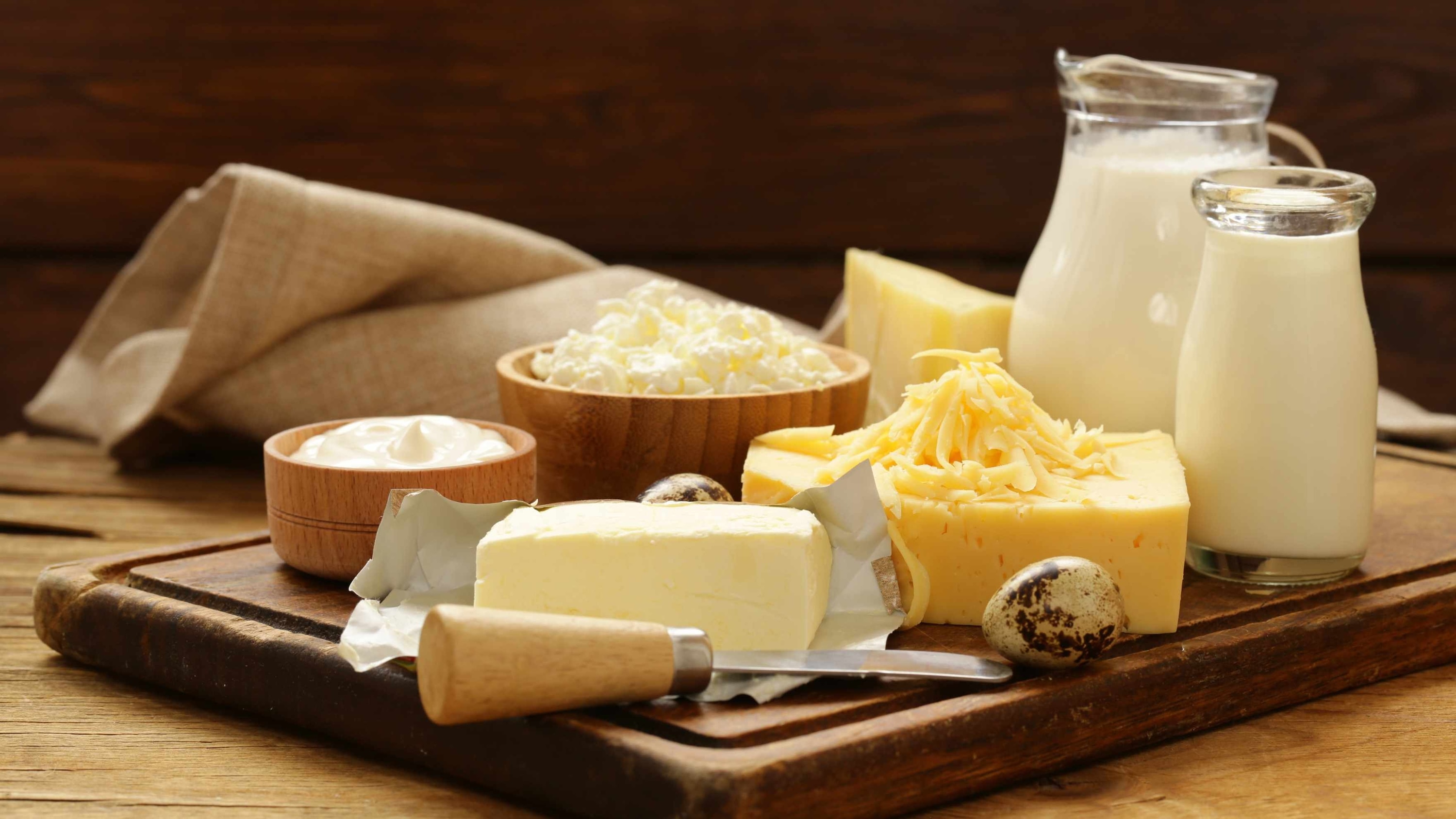
These are the richest and most bioavailable sources of vitamin B12:
- Eggs – Especially the yolk; also rich in biotin, which supports healthy hair growth and scalp nourishment.
- Milk & Dairy Products – Milk, cheese, and yoghurt are ideal B12 sources for vegetarians and contribute to both skin and hair vitality.
- Fish & Meat – Salmon, tuna, beef, and organ meats like liver are excellent sources of vitamin B12 for non-vegetarians.
2. Fortified Foods with Vitamin B12
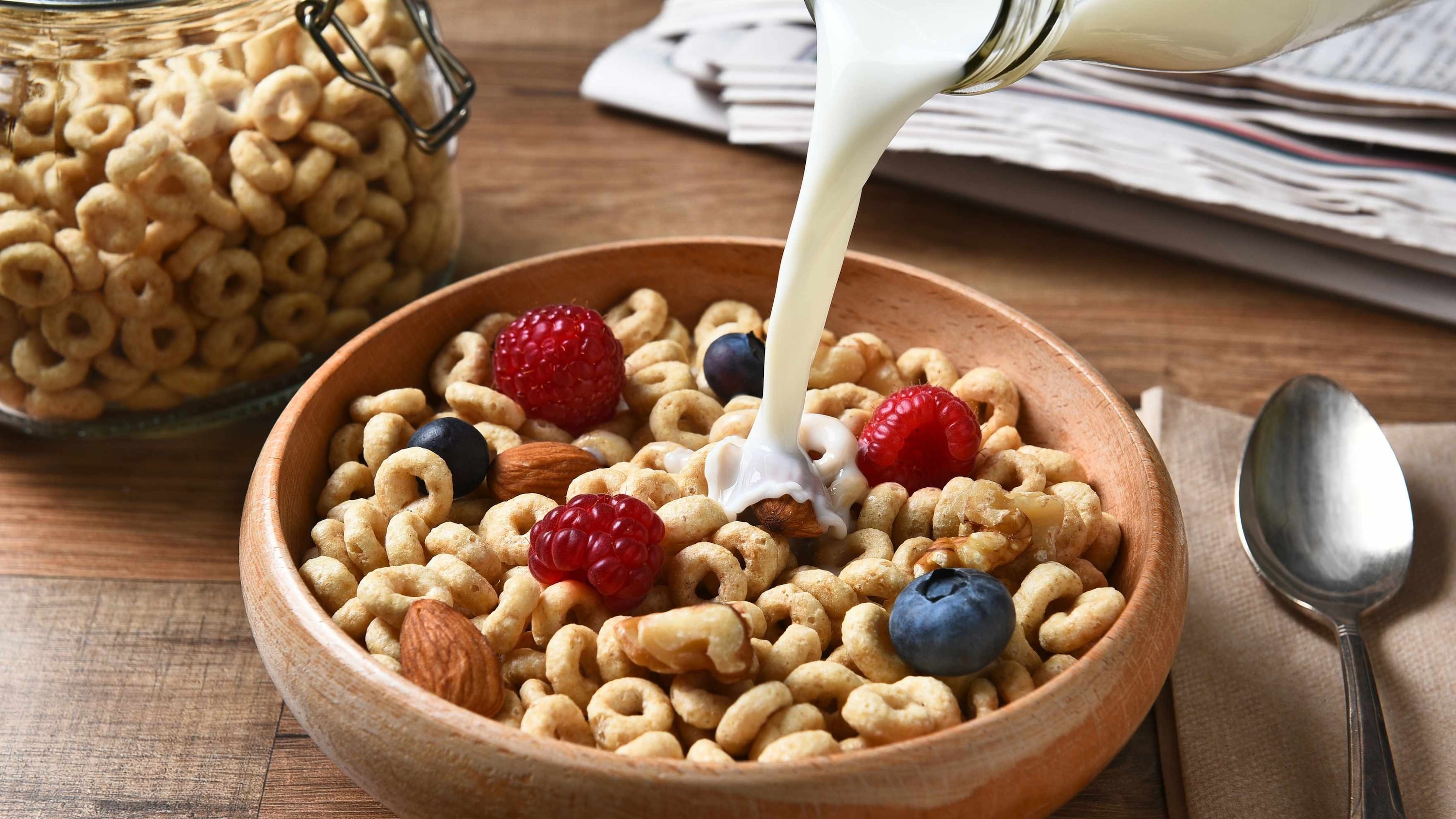
Perfect for vegans or anyone not getting enough B12 from traditional animal products:
- Fortified Breakfast Cereals – Check labels to ensure they contain added B12. Great for a quick, nutrient-dense start to your day.
- Plant-Based Milks – Soy, almond, oat, and other dairy alternatives are often fortified with B12; choose unsweetened versions when possible.
- Nutritional Yeast – A vegan favorite for its cheesy flavor and high B12 content; can be sprinkled over pasta, salads, or popcorn.
3. Fruits, Vegetables, and Other Plant-Based Sources
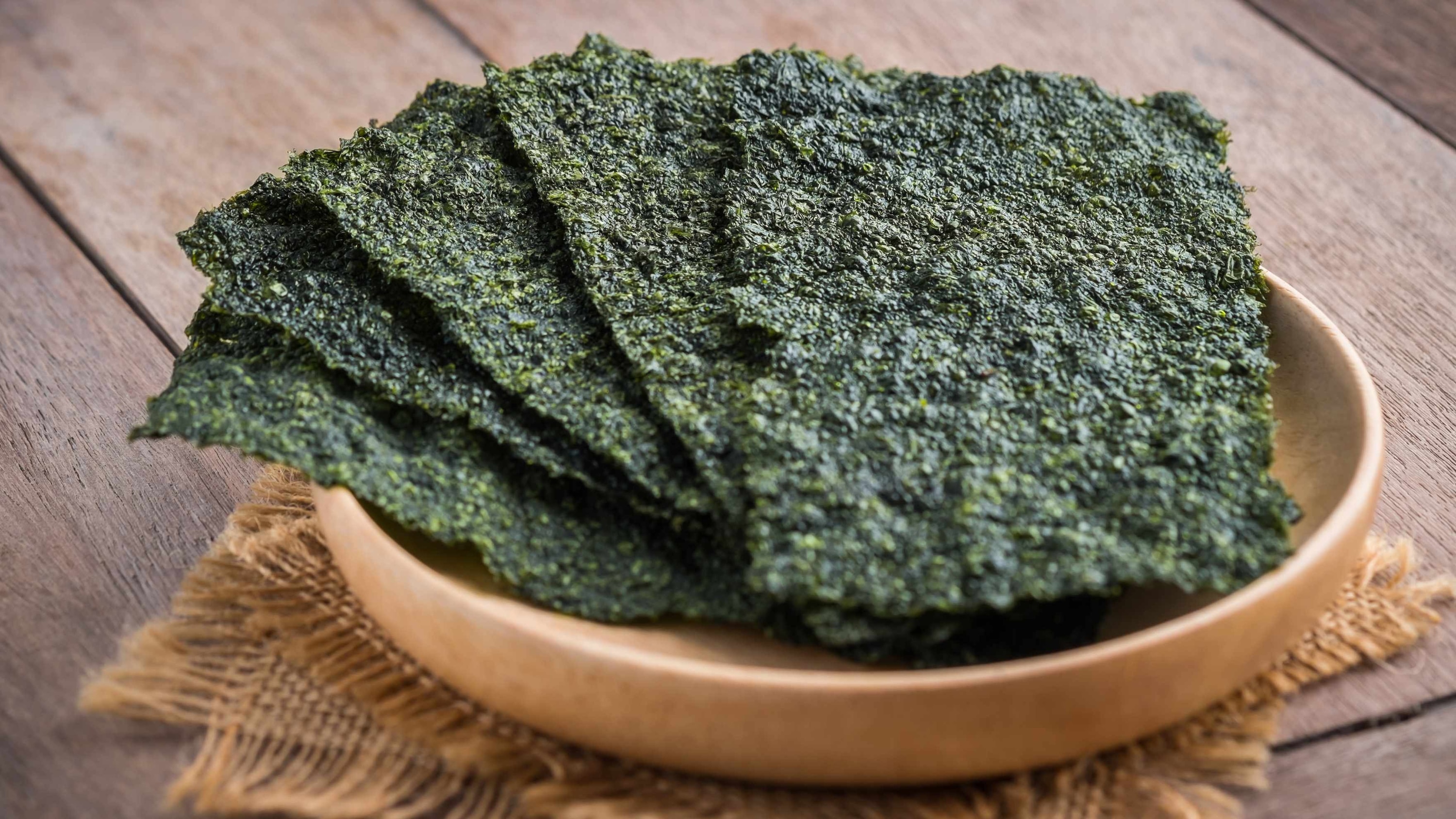
While fruits and vegetables don't naturally contain vitamin B12, a few unique plant-based items may offer small amounts or come fortified:
- Nori (Seaweed) – This edible seaweed (commonly used in sushi) may contain trace amounts of B12, though its bioavailability can vary.
- Shiitake Mushrooms – Provide minimal B12, but are still a healthy, antioxidant-rich addition to meals.
- Fortified Fruit Juices – Some orange juices and mixed fruit beverages are enriched with B12; always check the label.
04Incorporating B12-Rich Foods into Your Diet
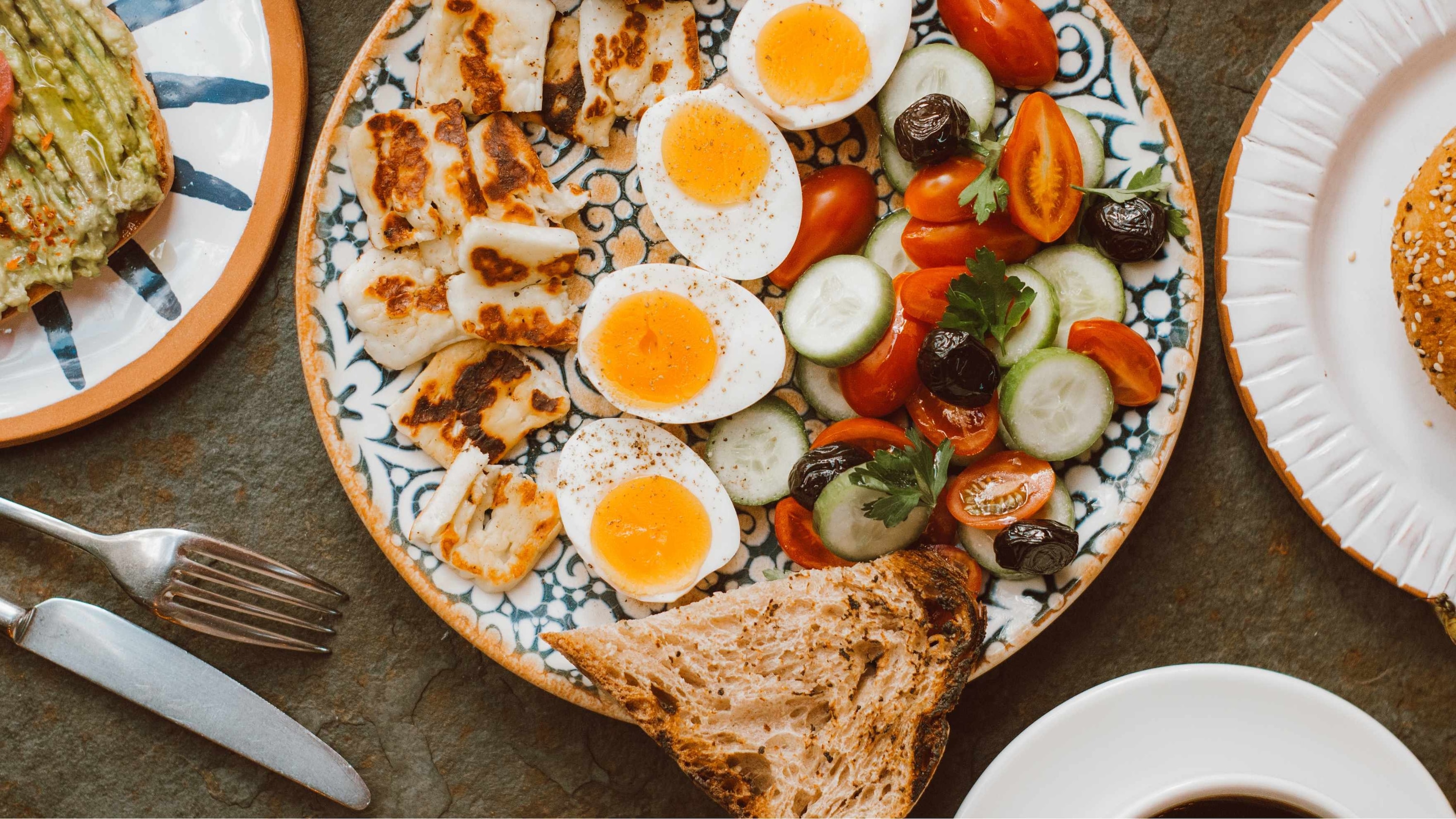
Here are some simple ways to include these foods in your daily routine:
- Breakfast: Start your day with a bowl of fortified cereal topped with yoghurt and a sprinkle of nutritional yeast. Or you can also whip up a chia seed pudding with yoghurt and nuts to create a wholesome breakfast bowl.
- Lunch: Enjoy a salad with boiled eggs and a side of nori sheets.
- Dinner: Prepare a creamy mushroom pasta using shiitake mushrooms and a cheese-based sauce.
- Snacks: Opt for cheese slices or a glass of milk to keep you satiated between meals.
05Supplementation: When Diet Isn't Enough
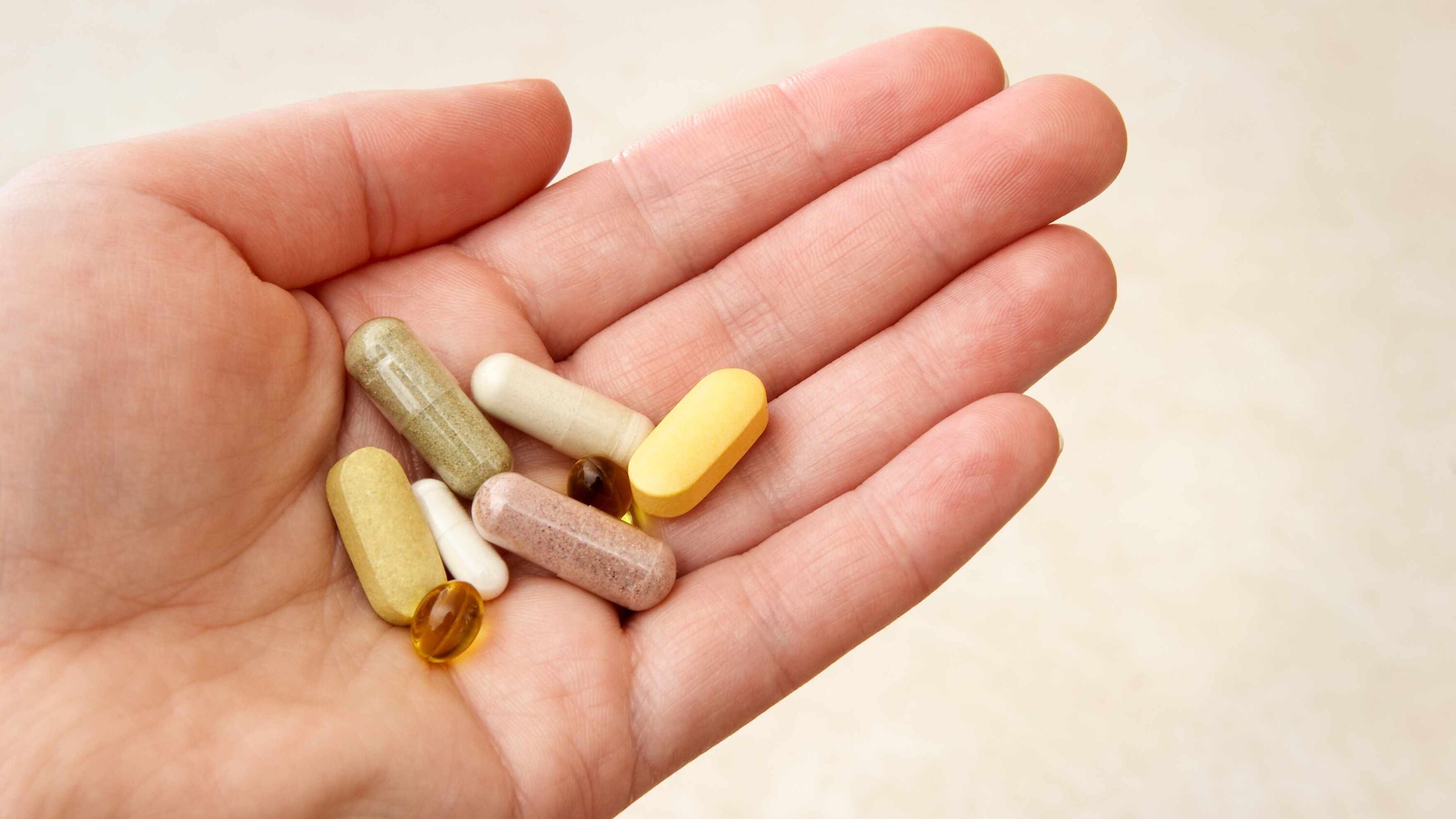
For those who struggle to get enough B12 through diet alone, especially vegans, supplementation might be necessary. It's essential to consult with a healthcare professional before starting any supplement regimen to determine the appropriate dosage and form. While skincare products and hair treatments play their roles, true beauty radiates from within. By ensuring adequate intake of vitamin B12-rich foods, you're not only supporting your overall health but also paving the way for glowing skin and luscious locks. So, next time you're planning your meals, remember: beauty truly starts on your plate.
06FAQs
Q: Can I get enough B12 from fruits and vegetables alone?
Unfortunately, vitamin B12 is not naturally present in fruits and vegetables. While some plant-based foods are fortified with B12, it's challenging to meet daily requirements without including fortified foods or supplements.
Q: How do I know if I have a B12 deficiency?
Symptoms can include fatigue, pale or yellowish skin, mouth ulcers, and hair thinning. If you suspect a deficiency, it's best to consult with a healthcare provider for testing.
Q: Are there any risks associated with taking B12 supplements?
B12 is water-soluble, meaning excess amounts are typically excreted in urine. However, it's still advisable to stick to recommended dosages and consult with a professional.
Q: How much B12 do I need daily?
The recommended daily intake for adults is approximately 1. 5 micrograms. This can vary based on age, dietary habits, and health conditions.

